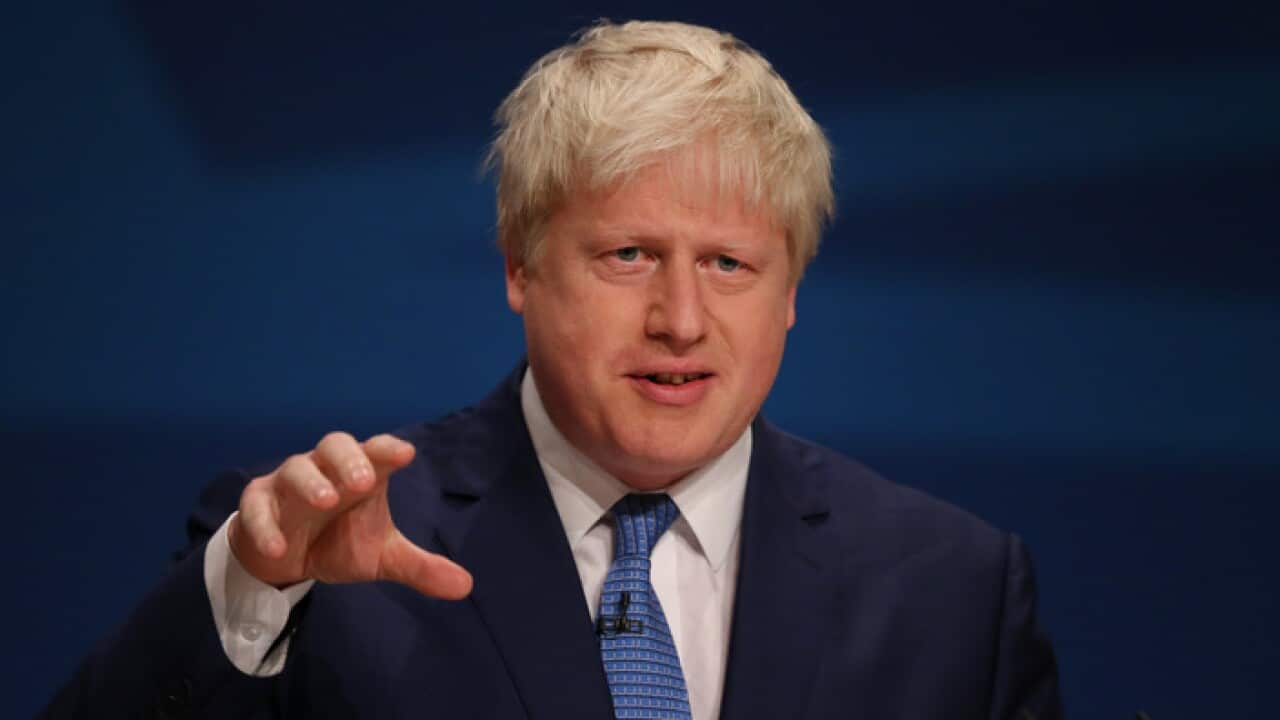The pound has posted its biggest one-day loss since 2010 amid concerns of a possible British exit from the European Union.
The fall in the currency on Monday was triggered by London Mayor Boris Johnson - a senior figure in Prime Minister David Cameron's Conservative Party - throwing his support behind the exit campaign.
Johnson, one of the country's most popular politicians, gave the "Brexit" camp a much-needed figurehead when he announced his support on Sunday, just days after Cameron struck his deal in Brussels to hand Britain what he called a "special status".
Showing how sensitive markets have become to Brexit uncertainty, sterling fell as much as 2.3 per cent on the day to hit a seven-year low of $US1.4057 ($A1.97) in early US trading.
It settled down 1.7 per cent on the day - its biggest drop since the May 2010 elections that left Britain with a hung parliament.
The stakes are high in the June 23 referendum.
A vote to leave would not only transform Britain's future in world affairs but also shake the EU, which has struggled to maintain unity over migration and financial crises, by ripping away its second-largest economy and one of its main military powers.
Cameron called on politicians to campaign on what is best for Britain - in a veiled jab at Johnson, whose stance may be designed to attract widespread eurosceptic support among Conservatives in a bid to succeed Cameron, who has said he will step down before the next election in 2020.
"I am not standing for re-election, I have no other agenda than what is best for our country," Cameron told a packed parliament.
The prime minister received more support for his defence of staying in the EU from opposition lawmakers in the Labour Party and Scottish National Party than from his own, which has been split over EU membership for decades.
While Cameron's most senior cabinet colleagues have stuck with him, six others have said they will campaign for an exit, highlighting the deep divide in his Conservative Party over Europe dating back to Margaret Thatcher.
Both sides in the debate argue Britain would be financially better off if their cause succeeds.
Johnson, London mayor since 2008, defended his stance by saying those who argued Britain would not thrive outside the 28-member bloc were the same people who wanted the country to make the "catastrophic mistake" of joining the euro single currency.
Share


